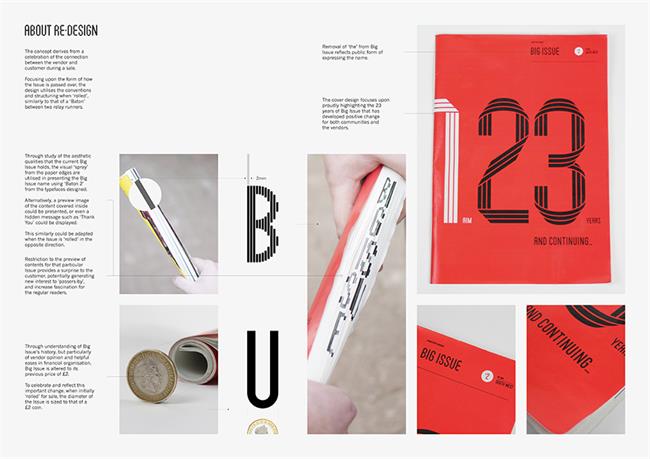 |
| Ireland's Big Issue |
Now, Ali is a Labour Party councillor in Manchester and campaigns against forced marriage, reaching out to young people directly through the campaign Free2Choose, as well as having written a book about her experiences.
She told her story to Marissa Burgess of The Big Issue in the North in an article that was republished in Ireland’s Big Issue as well as Nashville-based US street paper, The Contributor.
It can still be downloaded here.
„Zwangsheirat - von Schottland nach Pakistan“ erscheint in mehreren Ländern
Sameem Ali war erst 13, als sie von ihrem Zuhause in Glasgow, Schottland, nach Pakistan gebracht wurde. Dort wurde sie gezwungen, einen ihr völlig fremden Mann in den Zwanzigern zu heiraten. Ihre Familie hatte sie misshandelt, seit sie ein kleines Mädchen war. Das aktuelle Martyrium schließlich war der Grund für einen Suizidversuch. Als sie mit gerade einmal 14 Jahren schwanger wurde, wurde sie nach Schottland zurückgebracht. Dort musste Sameem erkennen, dass ihre Familie auch ihren Sohn schlug. Sie floh ins englische Manchester - verfolgt von Kidnappern, die ihr Bruder angeheuert hatte, um sie zurückzubringen.
Mittlerweile arbeitet Ali in Manchester für die Labour Party und kämpft gegen Zwangsehen. Durch die Kampagne Free2Choose erreicht sie junge Leute direkt. Über ihre Erlebnisse hat sie ein Buch geschrieben.
Ali erzählte ihre Geschichte Marissa Burgess vom Big Issue in the North. Der Artikel erschien auch in Ireland’s Big Issue und dem Straßenmagazin „The Contributor“ aus Nashville, USA.
Hier können Sie ihn herunterladen.
 |
| The Contributor (USA) |












